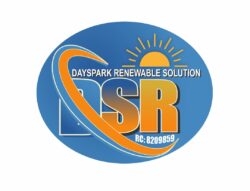FAQ
Have Questions?
Feel free to go through the FAQ to have better understanding of our services.
Solar panels capture sunlight and convert it into direct current (DC) electricity.
An inverter converts the DC electricity into alternating current (AC), which powers your home or business.
Excess energy can be stored in batteries or fed back into the grid for credits (net metering)
Most solar systems come with monitoring apps or platforms that allow you to track energy production in real time.
These tools help you ensure your system is performing as expected
Yes, solar panels can still generate electricity on cloudy or rainy days, though their efficiency may be reduced.
Solar systems are designed to work in various weather conditions and can still provide significant energy savings.
The cost depends on factors like system size, equipment quality, and installation complexity.
On average, residential systems can range from
920,000 to 5,000,000
Financing options, tax credits, and rebates can significantly reduce the upfront cost.
The installation process typically takes 1–3 days, depending on the system size.
The entire process, including permitting and approvals, can take 6–12 weeks from start to finish.
Battery storage is optional but recommended if you want backup power during outages or to maximize energy independence.
Without batteries, your system will still reduce your electricity bills but won’t provide power during grid failures.

Request a Quote Today
Reach Us
Location :
No. 1040 Ring Road, by Yan shanna, Kano, Nigeria.
Email :
inquire@daysparkrenewable.com
